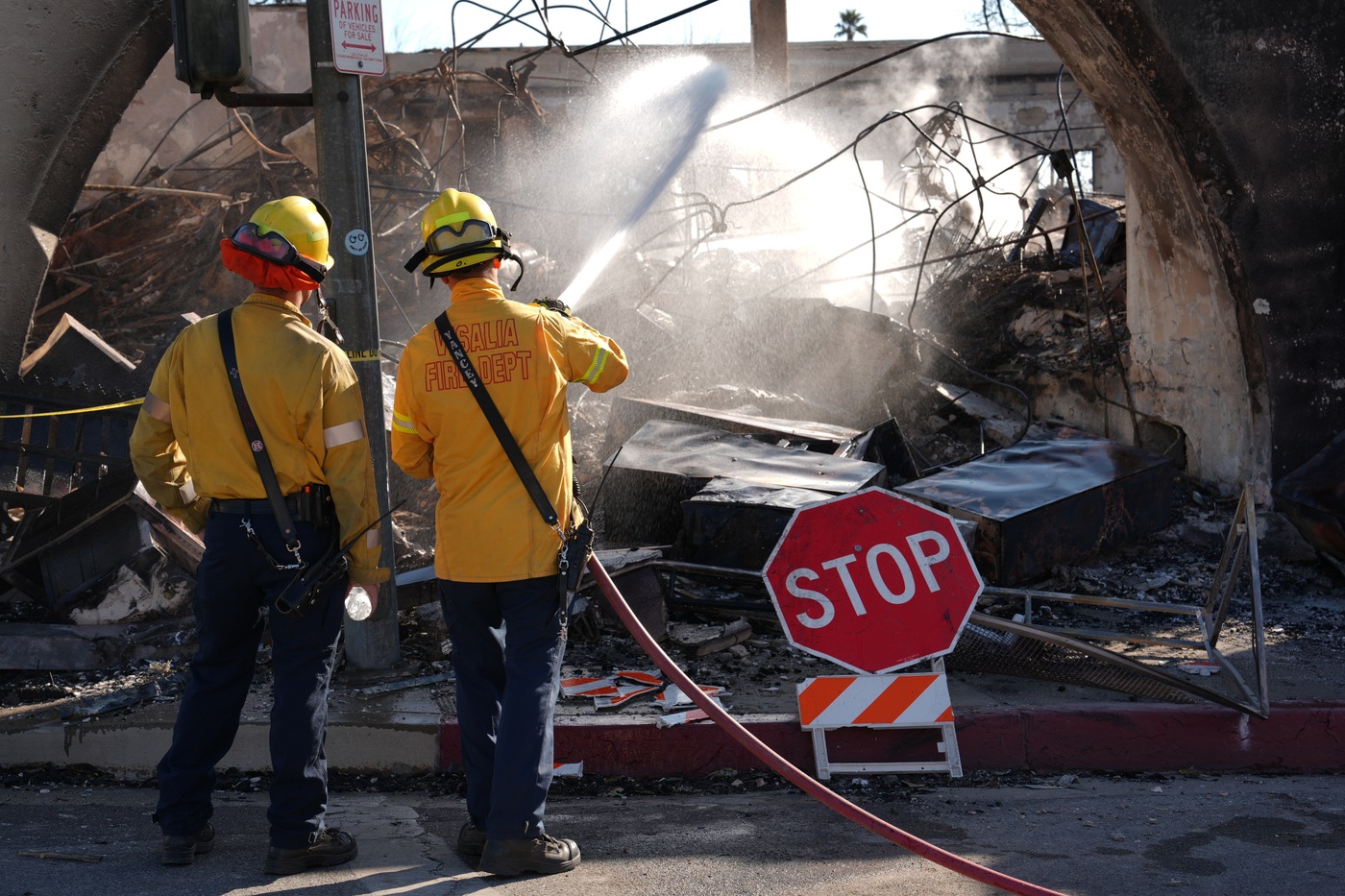-and-
Charity fraud schemes ask for donations to organizations that do little or no work—instead, the money goes to the scammer.
Source: Federal Bureau of Investigation (FBI)
Photo: Courtesy FEMA, photo by Dominick Del Vecchio
While these schemes can happen at any time, they’re especially prevalent after high-profile disasters like wildfires and hurricanes. Criminals often use tragedies to exploit people who want to help.

Scammers may promote their schemes via emails, social media posts, crowdfunding platforms, or even cold calls. Always use caution and do your research when you’re looking to donate to charitable causes.
Learn more about charity and disaster fraud schemes—including how to keep yourself safe—at fbi.gov/scams. You can also listen to our episode of the Inside the FBI podcast on charity scams.
-and-
If you or someone you know has been a victim of a disaster or charity fraud scam, report it to the FBI’s Internet Crime Complaint Center at ic3.gov.
For response and recovery information regarding the California wildfires, visit fema.gov/california-wildfires. Additional resources are available at usa.gov/california-wildfires.





